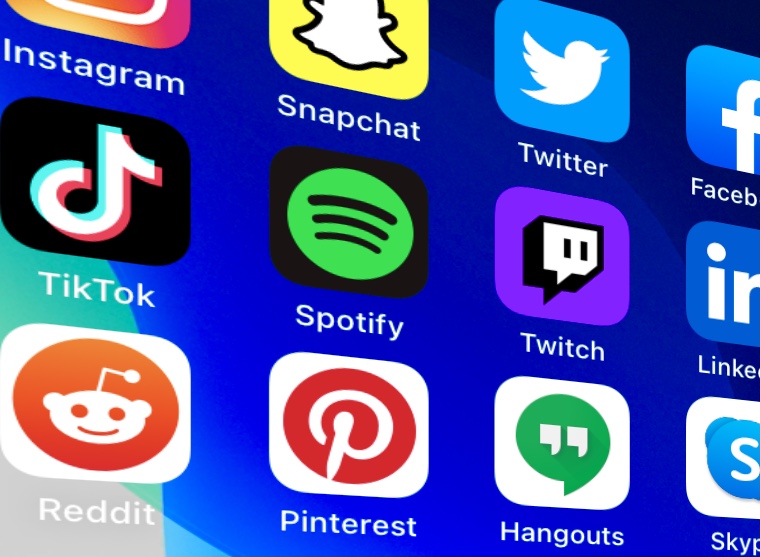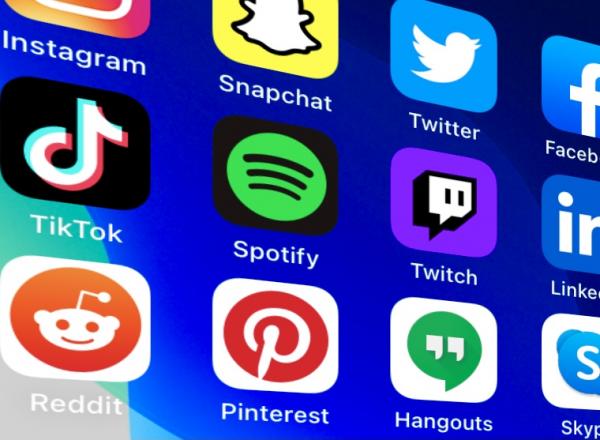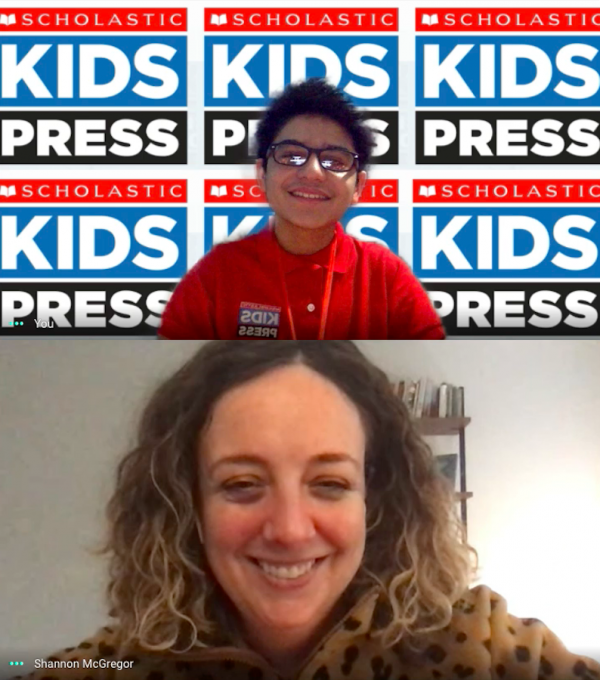KID REPORTERS’ NOTEBOOK
The Rise of Misinformation


What can we do to minimize the spread of misinformation on social media?
According to several news outlets, social media platforms played a significant role in spreading misinformation during the 2020 presidential election. Twitter, Facebook, YouTube, and other platforms have been criticized for providing a forum for users to make false or misleading claims.
“Until social media companies are willing to fundamentally change their sites by making them far less attractive to people seeking to post divisive content, deeply troubling posts will continue to spread quickly and broadly,” Greg Bensinger wrote recently in The New York Times.
To gain a better understanding of the issues, I spoke with Shannon McGregor, an assistant professor at the University of North Carolina (UNC) Hussman School of Journalism and Media. Below are highlights from our conversation, which has been edited for length and clarity.
What role do you think social media platforms played in spreading misinformation during the presidential election?
They played a huge role. They’re not creating the content that has misinformation, but they’re providing a platform that allows followers to spread it. We need to have some type of regulation, or regulatory body, so that there’s public accountability. In most industries, self-regulation doesn’t work very well.

Mujtaba interviews Shannon McGregor, an assistant professor at the UNC Hussman School of Journalism and Media, via video.
Do you think social media played a role in the January 6 riot at the Capitol?
Yes. But if we could wave a wand and make all the misinformation disappear, make the people, for example, who participated in this violent insurrection not have the false beliefs that they did about the election outcome, that wouldn’t change their beliefs that the government is against them, their racist beliefs and sexist beliefs. Powerful people, including former President Donald J. Trump, who is now banned from Twitter and Facebook, use misinformation as a tool that has violent and terrible outcomes at times. But it’s not the root of the problem. It’s a symptom of the problem.
What lessons can we learn for the next election?
We, as a country, have learned to take seriously how people present themselves on social media. As ugly as that truth is, we can’t get past it if we don’t confront the reality.
